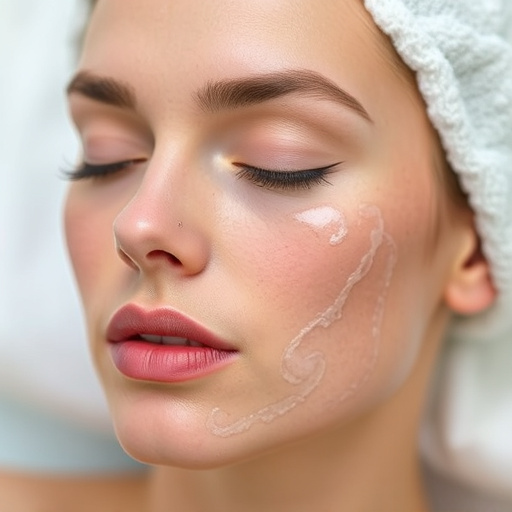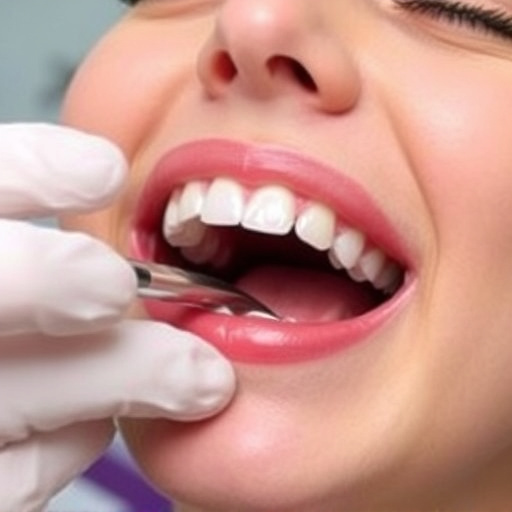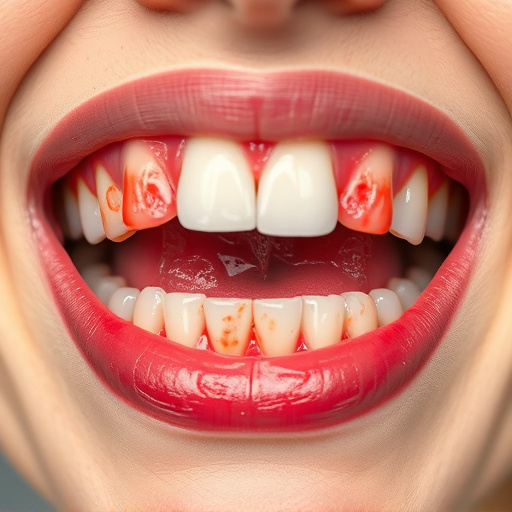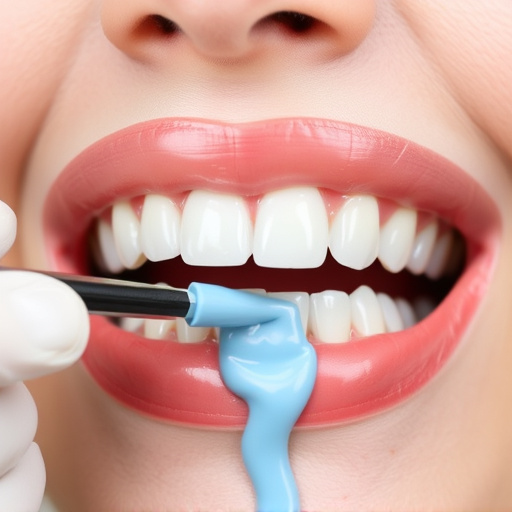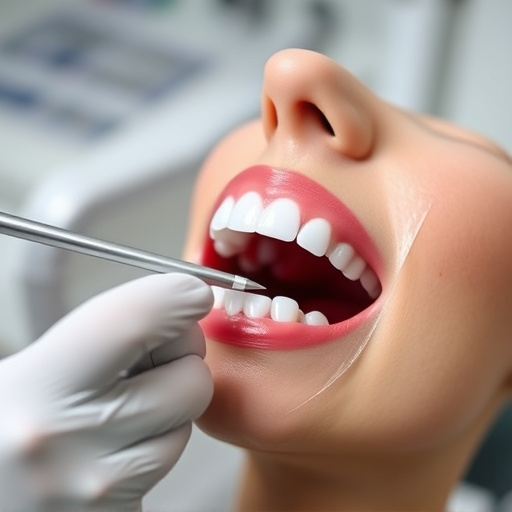Deep tooth grooves from bruxism or poor hygiene trap food and bacteria, leading to decay and gum disease. Dental sealants, microscopic resin coatings, fill these grooves, preventing bacterial buildup and reducing the need for extensive dental work. Regular brushing, flossing, and sealing provide comprehensive protection against oral health issues, especially in children and adolescents, promoting long-term well-being.
Dental sealants for teeth are an effective solution for those with deep grooves, offering targeted protection where other methods struggle. This article delves into the world of deep tooth grooves, their potential impact on oral health, and how dental sealants can fortify vulnerable areas. We explore the benefits of sealing these grooves, including enhanced protection against decay and improved overall dental well-being. Additionally, we outline the simple application process and impressive longevity of dental sealants.
- Understanding Deep Grooves in Teeth and Their Impact
- Benefits of Dental Sealants for Deep Groove Protection
- Application Process and Longevity of Dental Sealants
Understanding Deep Grooves in Teeth and Their Impact

Deep grooves on teeth can be a common concern, often developing alongside certain conditions like bruxism (teeth grinding) or as a result of poor oral hygiene. These grooves, if left unaddressed, can lead to several issues. They create nooks and crannies where food particles and bacteria can get trapped, increasing the risk of tooth decay and gum disease. This is particularly problematic for individuals who already struggle with maintaining excellent oral hygiene due to factors like limited dexterity or accessibility in their mouth.
In such cases, dental sealants for teeth emerge as a valuable solution. These protective coatings can fill in deep grooves, preventing bacteria from settling in and causing potential damage, especially when coupled with regular brushing and flossing. By sealing these areas, dental sealants help to safeguard against the need for invasive procedures like wisdom tooth removal or cosmetic dentistry interventions, which may be necessary if severe decay or gum disease sets in as a result of unaddressed deep grooves.
Benefits of Dental Sealants for Deep Groove Protection

Dental sealants for teeth are a highly effective solution for individuals with deep grooves or pits on their molars and premolars. These microscopic coatings, typically made from resin, act as a protective barrier against decay-causing bacteria. By sealing the intricate crevices where food particles and plaque can accumulate, dental sealants create an impenetrable shield, preventing tooth decay and reducing the need for future restorative dentistry.
In addition to protecting against caries, dental sealants also serve as a valuable asset in preventive dentistry. They are especially beneficial for children and adolescents, as they can help preserve the integrity of teeth during years of heightened risk for dental issues. By safeguarding against deep groove damage, these sealants may also mitigate the need for costly tooth extractions later in life, promoting overall oral health and saving time and money in the long run.
Application Process and Longevity of Dental Sealants
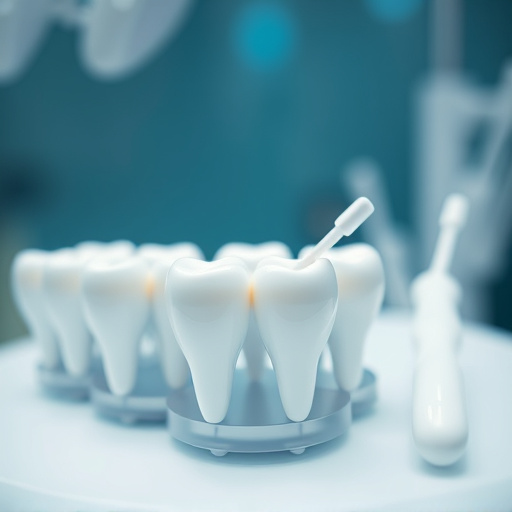
The application process for dental sealants is relatively straightforward. It involves a series of steps where a dentist cleans and prepares the teeth, applying a thin coating of sealant to the deep grooves. This material hardens quickly, forming a protective barrier over vulnerable tooth surfaces. The longevity of dental sealants is a significant advantage, offering protection for several years with proper oral hygiene. Unlike some other tooth repair solutions, such as fillings or crowns, sealants avoid the need for extensive procedures like wisdom tooth removal. They act as a preventive measure, shielding teeth from decay and promoting long-term health, which complements regular teeth cleaning routines.
Dental sealants for teeth are an excellent solution for those with deep grooves, offering a simple yet effective method to protect against decay. By applying a protective coating, these sealants fill in vulnerabilities, especially in hard-to-reach areas, ensuring long-term oral health. The non-invasive nature and durability of dental sealants make them a preferred choice for maintaining a healthy smile, complementing regular oral hygiene practices.

